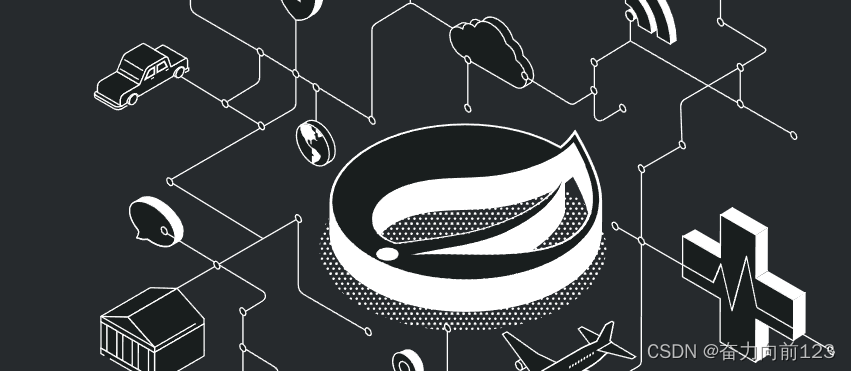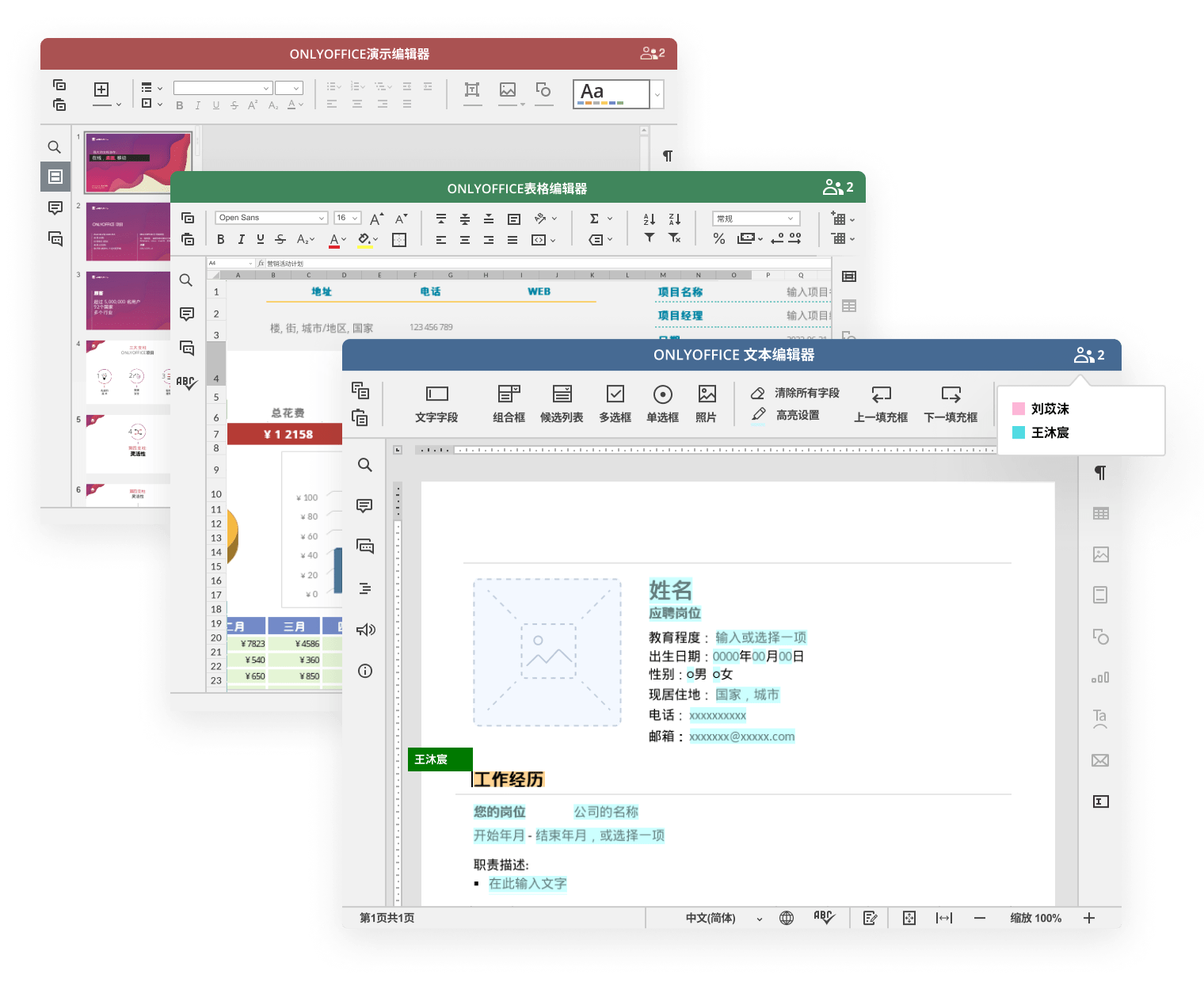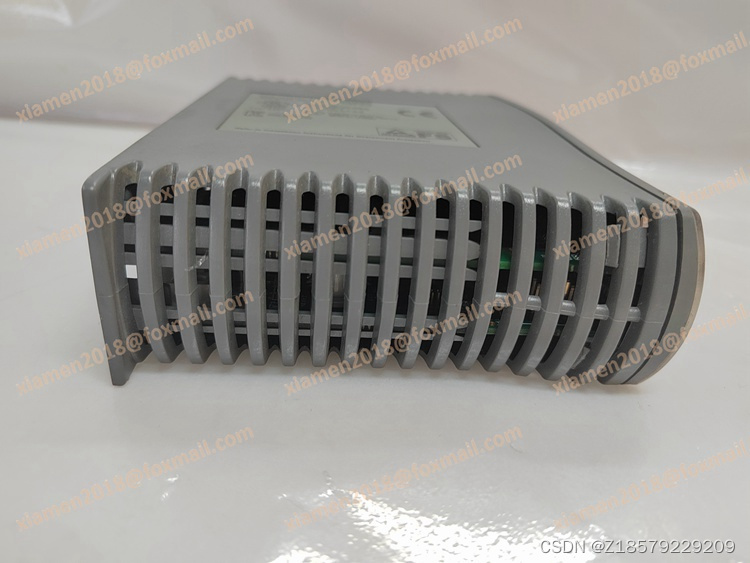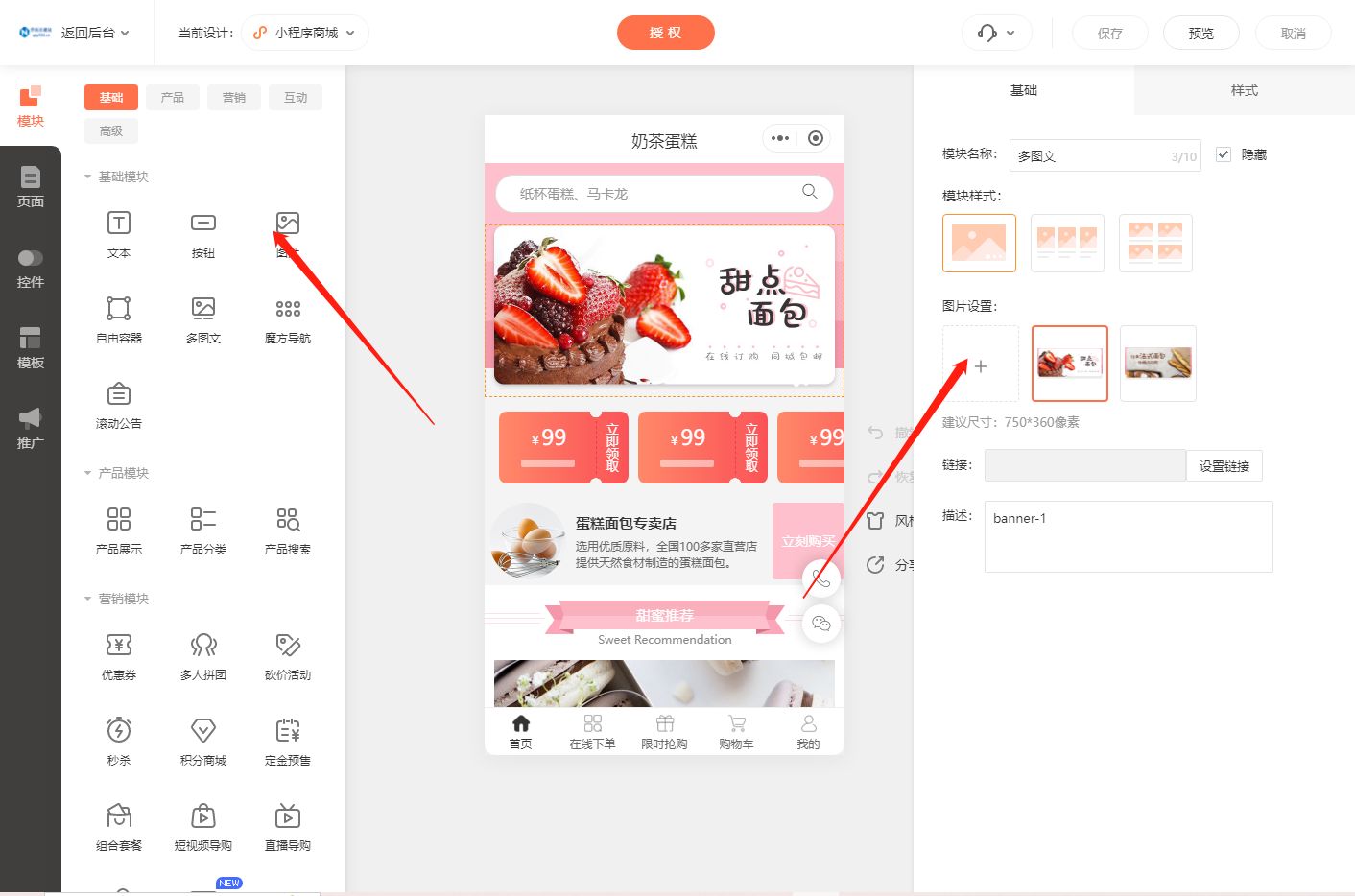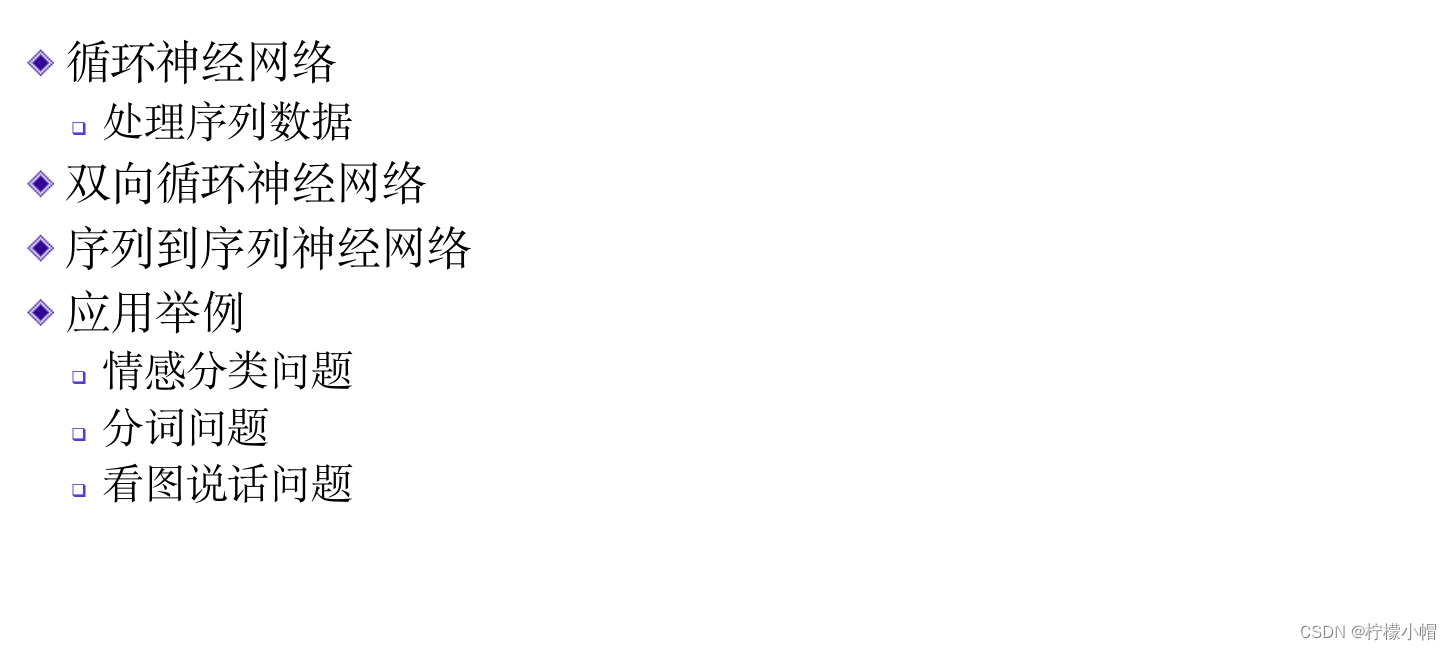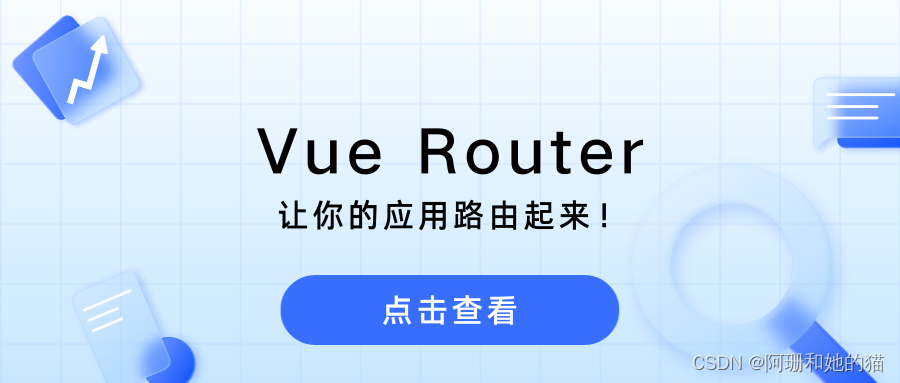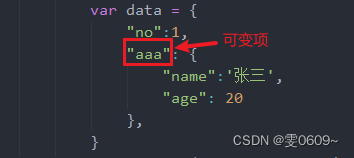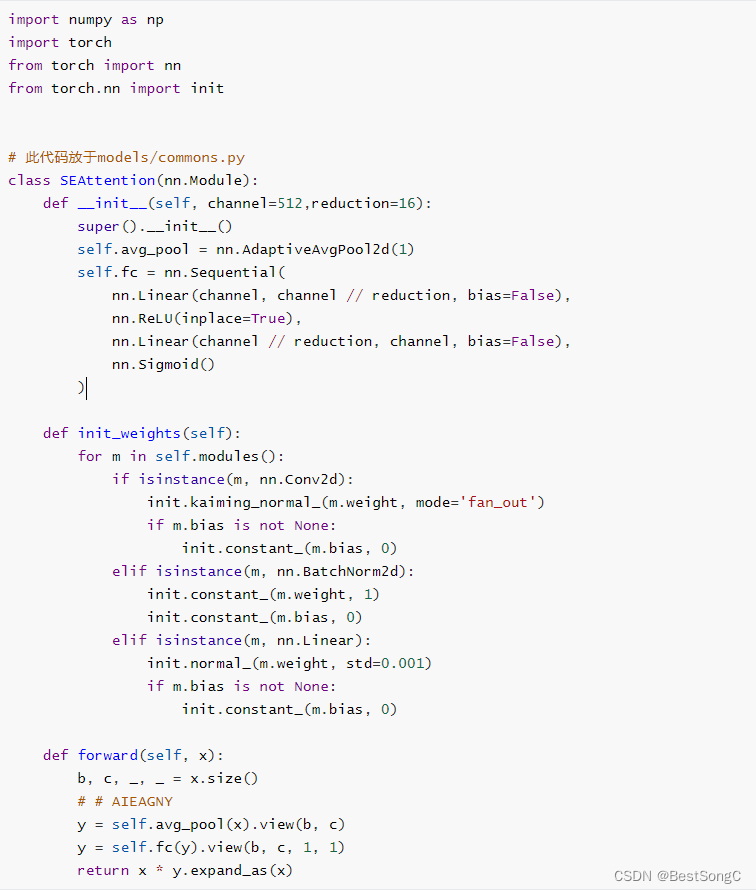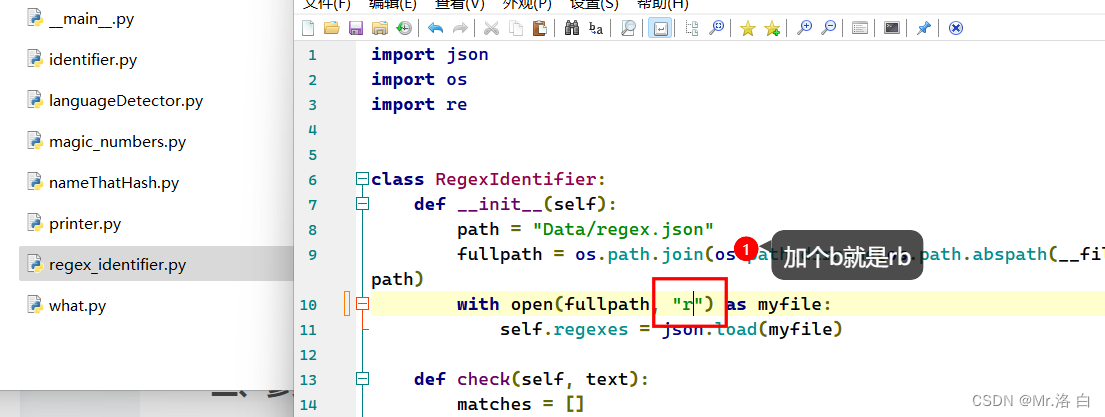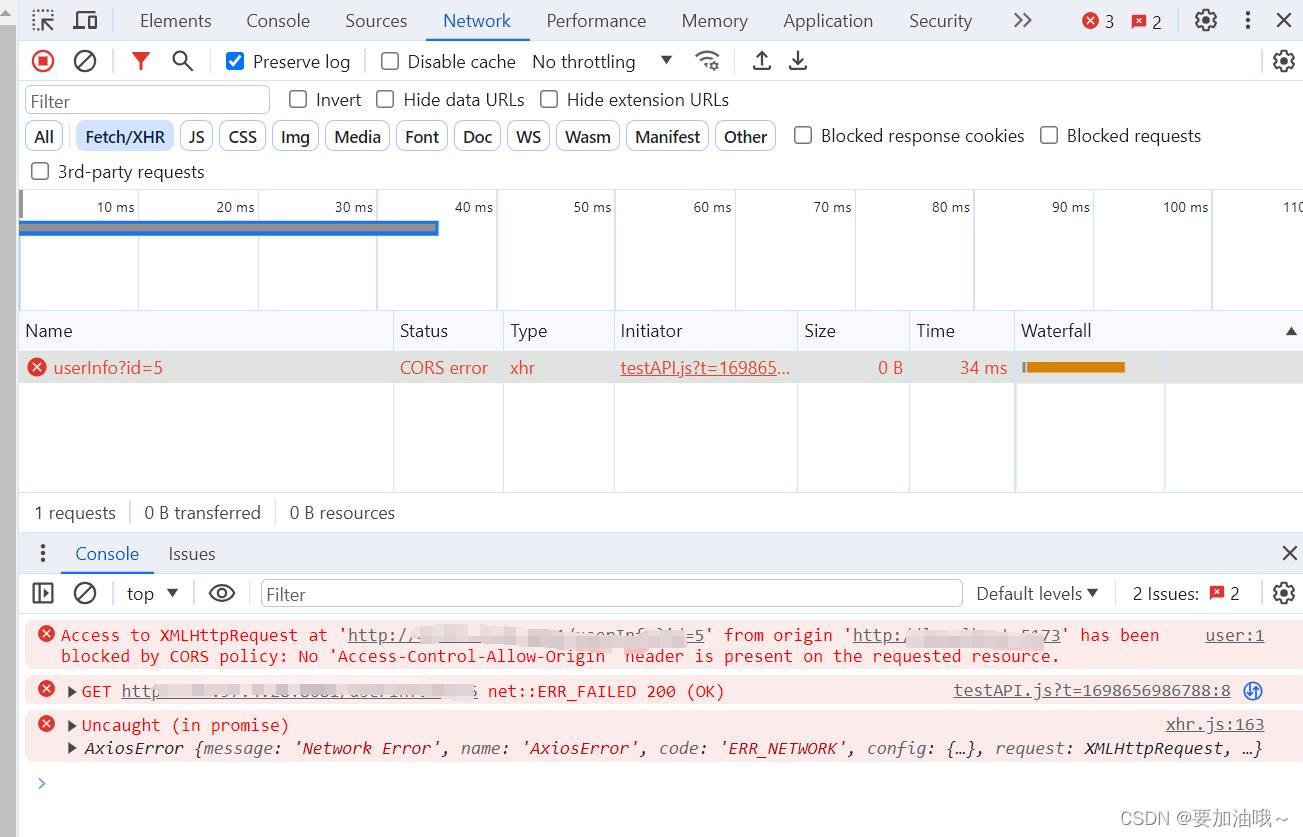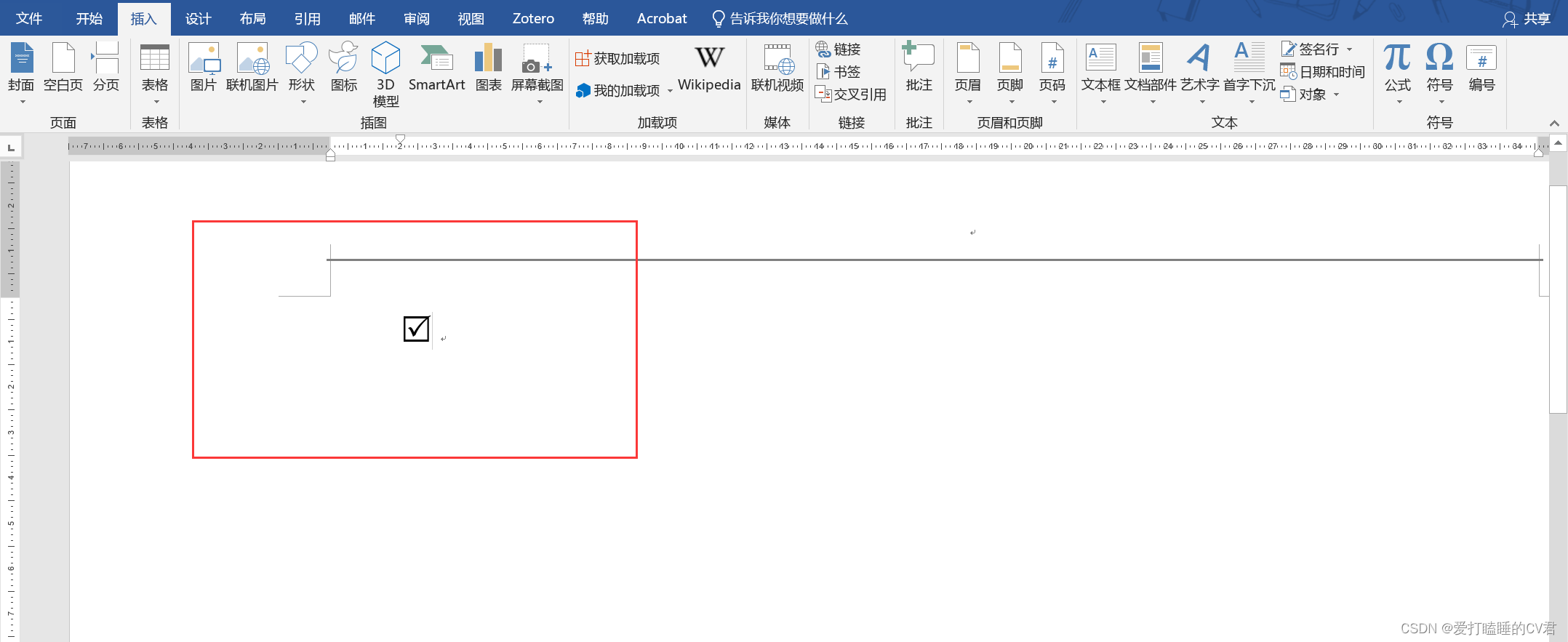掌握器模块是产业自动化和掌握体系中的症结组件,具备多种特征,以保证体系的稳定性、否靠性和高效性。以下是掌握器模块的一些主要特征:
-
多通道掌握: 掌握器模块通常否以或许掌握多个通道,许否同时治理多个装备或历程。
-
实时相应: 模块否以或许实时相应传感器数据和外部旌旗灯号,快速做出相应的掌握决议计划,保证体系的及时性和精确性。
-
多种输入输入接口: 掌握器模块通常装备有多种数字和模拟输入输入接口,支撑各种传感器和履行器的衔接。
-
灵活性和否编程性: 模块具备高度的灵活性,否以或许根据须要停止设置装备摆设和定制,支撑各种掌握算法和逻辑。
-
通讯才能: 掌握器模块通常支撑各种通讯协定和接口,包含以太网、Modbus、Profibus等,以便与其他装备和体系停止数据交流和互联。
-
毛病检测和报警: 模块具备毛病检测和报警功效,否以或许监测体系状况,及时发觉异常并天生报警信息。
-
数据收罗和剖析: 掌握器模块否以或许收罗和剖析传感器数据,用于监测体系机能、猜测毛病并优化临盆历程。
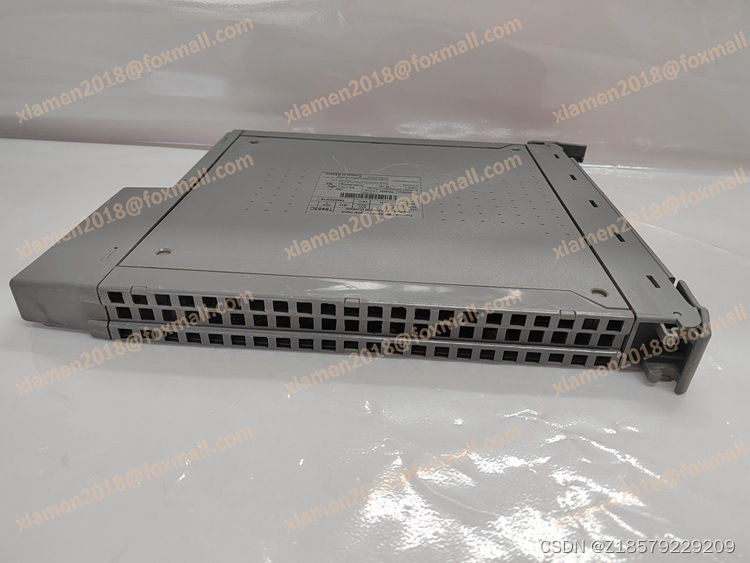
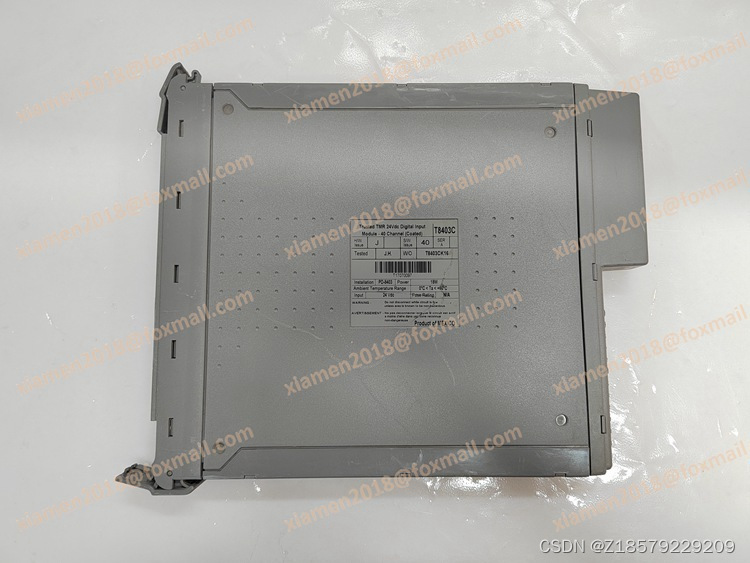 The controller module is a crucial component in industrial automation and control systems, with various features to ensure the stability, reliability, and efficiency of the system. The following are some of the main features of the controller module:
The controller module is a crucial component in industrial automation and control systems, with various features to ensure the stability, reliability, and efficiency of the system. The following are some of the main features of the controller module:
Multi channel mastery: The master module usually manages multiple channels or processes simultaneously.
Real time response: The module can respond to sensor data and external signals in real time to quickly make corresponding master decision plans, ensuring the timeliness and accuracy of the system.
Multiple input interfaces: The controller module is usually equipped with multiple digital and analog input interfaces to support the connection between various sensors and actuators.
Flexibility or programmability: The module has a high degree of flexibility, so it may be necessary to set up equipment and customize according to needs, supporting various mastery algorithms and logic.
Communication ability: The master module usually supports various communication protocols and interfaces, including Ethernet, Modbus, Profibus, etc., to facilitate data exchange and interconnection with other equipment and systems.
Fault detection and alarm: The module has the function of fault detection and alarm, which can monitor the system status, detect abnormalities in a timely manner, and generate alarm information.
Data collection and analysis: Whether the master module can collect and analyze sensor data for monitoring system functionality, guessing problems, and optimizing the delivery process.


